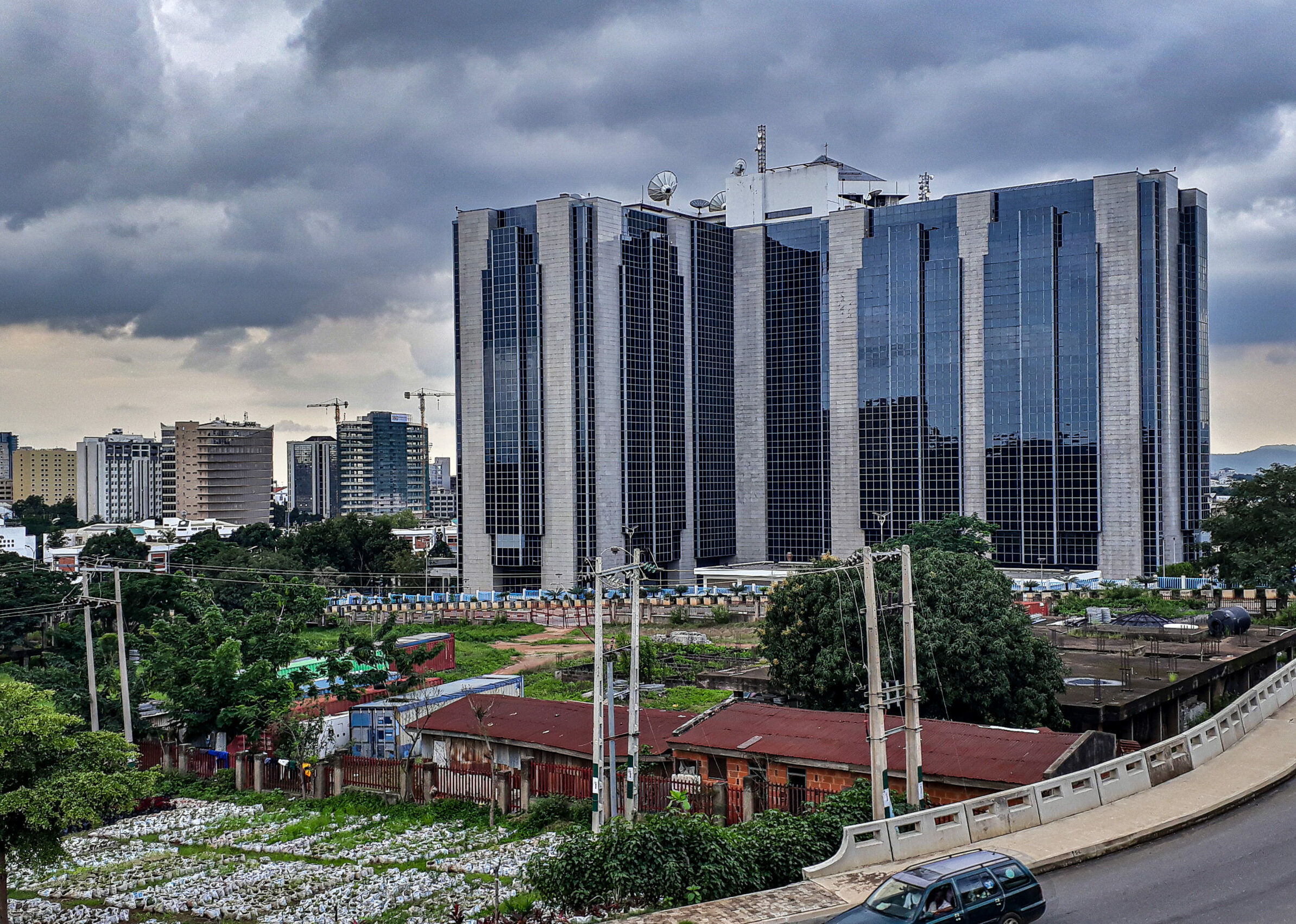
Wale Igbintade
Former Chairman of the defunct City Express Bank, Prince Samuel Adedoyin, has described as false, biased and defamatory a publication by the Nigeria Deposit Insurance Corporation (NDIC) on the failure of the bank.
Adedoyin, through his lawyer, A.O. Akinrimisi, said the NDIC report titled ‘Failure of City Express Bank’ published on the Corporation’s website, failed to reflect key court rulings and developments since the bank’s closure.
According to him, the report was “inaccurate, incomplete and one-sided,” and was aimed at shifting blame from NDIC’s own regulatory lapses.
“The publication omits crucial facts and fails to mention cases already determined by the Federal High Court, which have invalidated NDIC’s claims,” the statement read.
The lawyer cited Suit No. FHC/L/CS/87/2006, where the Federal High Court struck out NDIC’s unproven debt claims against Adedoyin and associated companies, and Suit No. FHC/L/CS/1690/2017, in which the court restrained NDIC from further selling the bank’s assets until full returns were filed and an account of the bank’s assets provided, an order NDIC has allegedly disobeyed.
“In flagrant disregard of the subsisting order, NDIC has continued to dispose of or advertise the sale of the bank’s assets,” Akinrimisi said.
Adedoyin also rejected NDIC’s allegations that City Express Bank engaged in financial misreporting or insider trading, noting that both NDIC and the Central Bank of Nigeria (CBN) regularly examined the bank’s books without raising such findings.
“If NDIC now alleges misreporting, it either shows complicity by its examiners or gross incompetence in supervision,” the statement added.
He faulted NDIC’s claim that the bank was controlled by a “nuclear family,” explaining that the CBN had approved the ownership structure and granted the licence based on it.
“If there were any irregularities, both NDIC and CBN must share responsibility, as they approved and supervised the bank’s operations,” he said.
Adedoyin further dismissed NDIC’s reference to his former chairmanship of the Board Credit Committee as misleading, saying the issue was raised in a 2004 routine examination and immediately corrected.
The businessman also accused NDIC of manipulating figures in its N2.3 billion debt claims, which the court struck out for lack of proof, adding that the Corporation has failed to justify the figures despite repeated requests.
He disclosed that the Attorney General of the Federation’s office is currently investigating NDIC’s conduct following his petition, while an insider’s report within NDIC has allegedly contradicted the Corporation’s own findings.
Adedoyin therefore demanded that NDIC take down the publication from its website, insisting it is unfair, damaging, and inconsistent with court decisions.
“A report for public consumption must be fair, accurate, and credible. NDIC’s publication is none of these,” the statement concluded.



